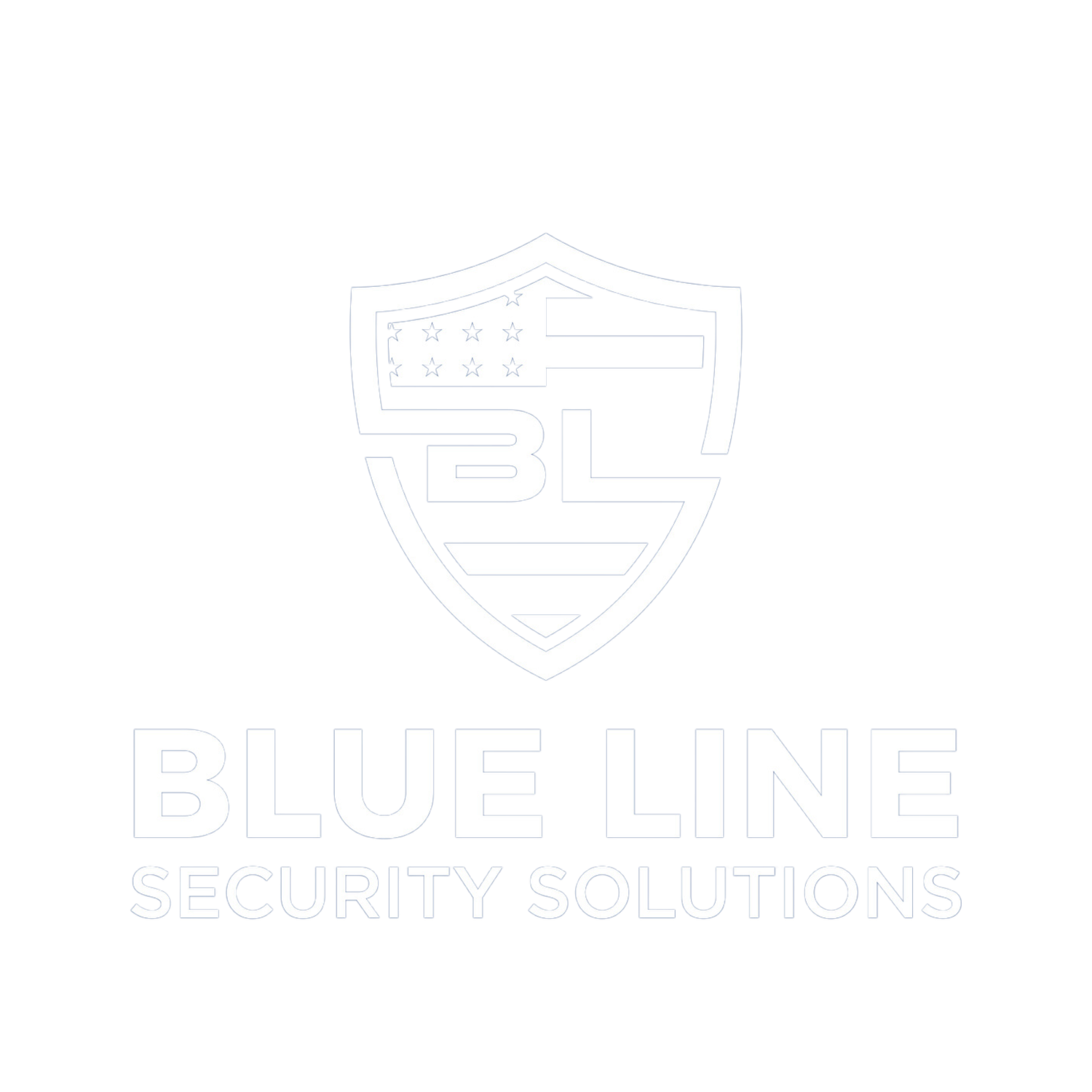The Best Practices for Security Policies and Procedures
In an era where digital advancement is accelerating at unprecedented rates, the significance of robust security policies and procedures cannot be overstated. Whether you're a small business owner or a corporate executive, these policies are the bedrock of safeguarding your assets and ensuring seamless operations. As your dedicated security partner, Blue Line Security Solutions is committed to helping you navigate this complex landscape. Here, we share some industry-backed best practices for developing and maintaining effective security policies.
Identifying Your Unique Risks
Every organization has its unique set of security risks. It's crucial to conduct comprehensive risk assessments to pinpoint potential threats and vulnerabilities specific to your business. This process should include identifying physical threats like theft or vandalism, as well as digital threats such as cyber-attacks or data breaches. According to a study from Varonis, understanding and addressing these risks in your security policy can significantly reduce the likelihood of security incidents1.
Crafting Comprehensive Policies
Your security policies should encompass all facets of your organization, including physical security, data protection, and employee conduct. These policies need to be clear, concise, and comprehensible to everyone within your organization. It's also critical that they are flexible enough to adapt to evolving business needs and external threats. Data from the National Center for Education Statistics suggests that well-crafted security policies can enhance overall security posture and compliance.
Prioritizing Regular Training and Awareness
Having stringent policies in place is only half the battle; it's equally important that your employees understand and adhere to them. Regular training sessions can equip employees with the knowledge to recognize potential threats and respond appropriately in emergency situations. Reports from eSecurity Planet highlight the importance of such training in improving security practices3.
Emphasizing Regular Reviews and Updates
Security threats evolve over time, making it imperative to regularly review and update your security policies. This could involve adapting procedures to combat emerging threats or refining policies based on staff feedback. As cited by Idenhaus Consulting, organizations with regularly updated security policies are more resilient to cyber threats4.
Establishing an Incident Response Plan
Despite the most robust policies and procedures, incidents can still occur. An effective incident response plan outlines the steps to be taken in the event of a security breach, helping minimize damage and ensure a swift return to normal operations. A study by Tarlogic emphasizes the strategic value of such assessments in mitigating risks.
Collaborating with Security Experts
Consider partnering with a professional security company like Blue Line Security Solutions. Our team of experts can provide valuable insights and advice to enhance your security policies and procedures. We offer a range of services, from risk assessments to security training, to help fortify your business.
Security is not an aspect to gamble with. By incorporating these best practices and partnering with Blue Line Security Solutions, your business can stay well-protected against potential threats. Contact us today to discover how we can bolster your security needs.
